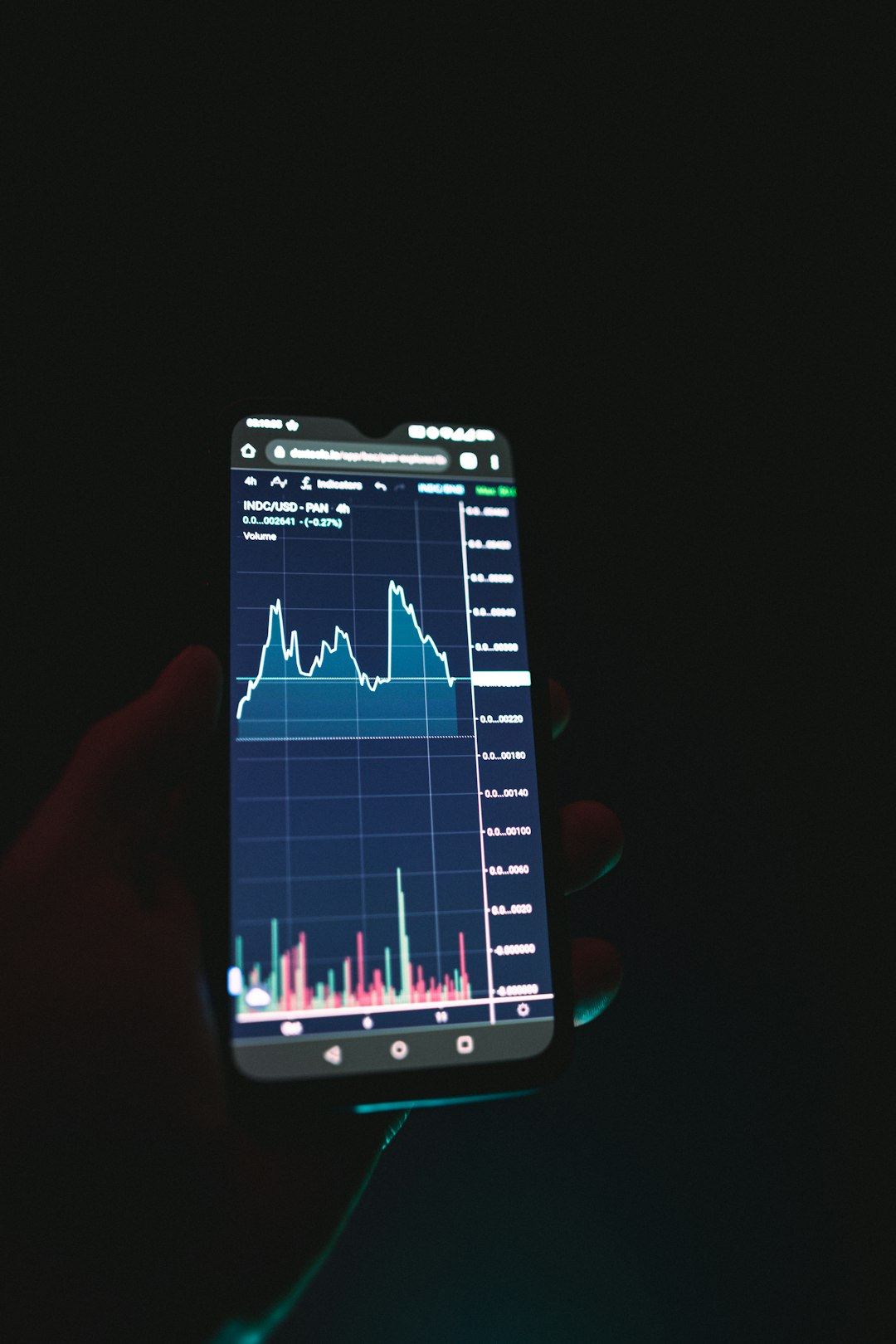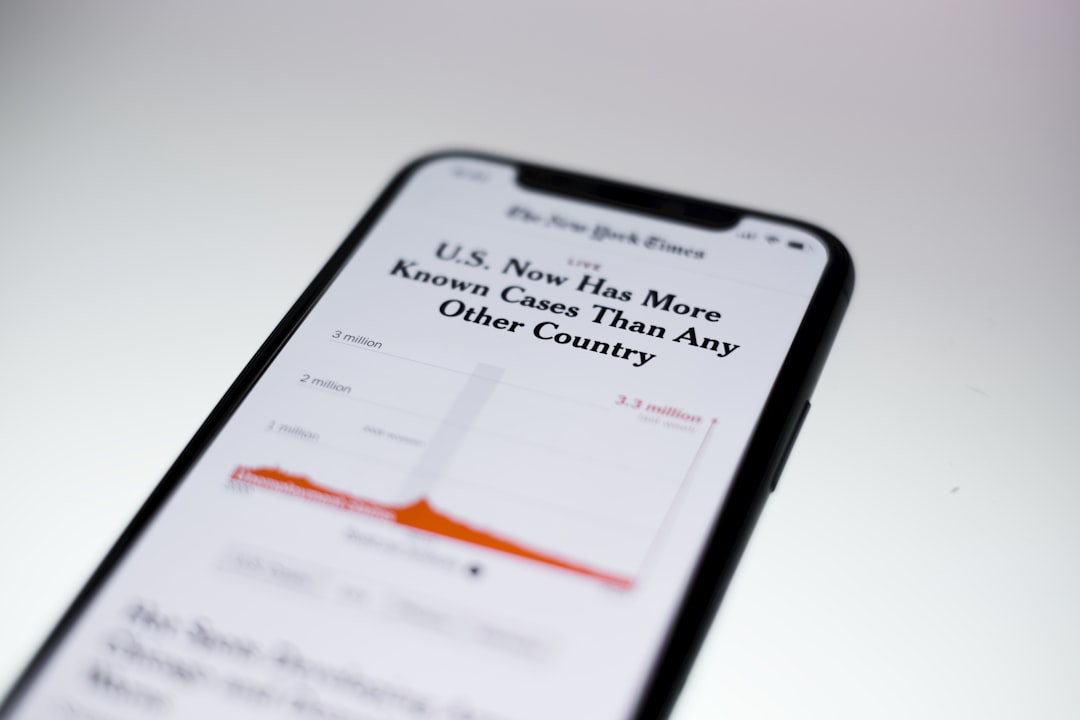In the world of instant communication, WhatsApp has emerged as one of the most powerful platforms for connecting with customers in real time. With over 2 billion active users globally, businesses now see WhatsApp as a major tool to build stronger customer relationships and boost conversions. However, creating a truly effective WhatsApp campaign requires strategy, tact, and a deep understanding of the platform’s capabilities.
Why WhatsApp Matters in Your Marketing Mix
Unlike traditional social media or email marketing, WhatsApp offers direct, personal, and highly engaging one-on-one communication. Users are more likely to read WhatsApp messages than emails or push notifications. The open rate of WhatsApp messages, according to several studies, is over 95%. This means marketers can get their messages in front of their audience almost instantly.
Additionally, WhatsApp supports multimedia formats, automation through WhatsApp Business API, and personalized interactions, making it a versatile platform for promotional campaigns, customer support, and lead nurturing.
Steps to Build a Successful WhatsApp Campaign
1. Define Clear Objectives
Every campaign begins with a purpose. Whether you aim to increase sales, generate leads, promote an event, or simply build brand awareness, having concrete goals will guide your content strategy and help measure success.
- Brand awareness: Focus on sending engaging stories and visual content.
- Lead generation: Use WhatsApp chat widgets on your website to collect numbers.
- Customer retention: Send coupon codes, loyalty points, and reminders.
2. Build and Segment Your Audience
Use opt-in methods to build your WhatsApp contact list ethically. Never cold-message users — this can result in account bans or customer mistrust. Once you have a contact list, segment it based on demographics, purchase behavior, or engagement level to send targeted, relevant messages.
Popular tactics to collect numbers include:
- Website pop-ups and embedded widgets
- Offering free resources in exchange for number opt-ins
- Social media campaigns with WhatsApp CTAs
3. Choose the Right WhatsApp Tool
WhatsApp offers two major tools for businesses:
- WhatsApp Business App: Ideal for small businesses. Allows basic automation like quick replies, labels, and business profiles.
- WhatsApp Business API: Suited for medium and large enterprises. Offers robust automation, CRM integration, and unlimited message broadcasting to opt-in users.
Make your choice based on your business size, need for automation, and messaging volume.
4. Craft Conversational and Personalized Messages
WhatsApp isn’t a formal email platform — it’s a conversational tool. Messages should feel like a personal note rather than a mass promotion. Use the customer’s name, tailor your tone based on the relationship, and utilize emojis or multimedia where appropriate.
Example: Instead of saying “Big sale on all laptops today,” try “Hi Anna! 🎉 We thought you’d love this — 20% off all laptops just today!”
5. Automate Where Possible (But Keep It Human)
The use of chatbots and automation flows can drastically improve response time and reduce workload. Whether it’s a chatbot for FAQs or an automated drip campaign for new subscribers, it’s important to keep the language warm and human.
Suggested automation uses:
- Welcome messages for new subscribers
- Abandoned cart reminders
- Order confirmation and tracking notifications
6. Promote Your WhatsApp Channel
Let your audience know they can engage with you on WhatsApp. Promote your WhatsApp number across your digital channels:
- Add a WhatsApp button on your homepage
- Include your number in email signatures
- Share “Click to Chat” links on social media ads
Being available on WhatsApp is only effective if your audience knows and uses that channel.
7. Analyze Performance and Iterate
Use WhatsApp analytics tools or CRM integrations to measure key performance indicators like:
- Open and response rates
- Click-through rates on links shared
- Conversions from specific campaigns
- Unsubscribes or opt-outs
Based on your findings, tweak your messaging frequency, content style, and segmentation strategy. Continuous optimization ensures better results over time.

Best Practices for a High-Performing Campaign
Here are a few golden rules for any WhatsApp campaign:
- Always get opt-in: Consent is critical to even begin a WhatsApp marketing conversation.
- Time your messages: Avoid sending messages too early in the morning or late at night.
- Keep it short and simple: WhatsApp is a quick communication tool. Avoid long blocks of text.
- Use multimedia wisely: Images, videos, PDFs, audio messages — use them strategically to boost engagement but don’t overload the user.
- Be professional but human: Mix a conversational tone with clear, polite language.
Examples of Powerful WhatsApp Campaigns
Case 1: E-commerce Store Promotion
An online fashion brand launched a “Midnight Madness Sale” using WhatsApp broadcasts to its segmented high-intent buyers list. With one message sent at 11 PM, the brand drove 30% of its daily revenue in just one hour.
Case 2: Customer Support Automation
A travel company integrates WhatsApp API into its booking system to auto-send boarding passes, gate information, and delay notifications. Users praised the convenience and personalized service, boosting the brand’s reputation massively.
Conclusion
WhatsApp campaigns can be a game changer for businesses ready to invest in authentic, real-time communication with their customers. From building lists ethically to crafting interactive campaigns and using automation smartly, success on WhatsApp depends on a thoughtful mix of technology and people-first strategy.
When done right, WhatsApp doesn’t just enhance marketing campaigns — it transforms how brands engage, retain, and serve their audiences in a personalized, conversational way.
FAQ: WhatsApp Campaigns
-
Q: Is WhatsApp Business free to use?
A: The WhatsApp Business App is free. However, the WhatsApp Business API charges based on the number of conversations or templates sent, depending on your region and provider. -
Q: Can I send mass WhatsApp messages?
A: Yes, but only to users who’ve opted-in. You should also follow WhatsApp’s guidelines to avoid spamming, and use the API for higher volumes. -
Q: Will I get banned for spamming?
A: Yes, if you send unsolicited messages, WhatsApp may temporarily or permanently ban your number. Always use opt-ins and provide value. -
Q: How do I track my campaign’s performance?
A: Use third-party tools or CRM platforms that integrate with the WhatsApp API to track key metrics like responses, click-throughs, and conversions. -
Q: Can small businesses effectively use WhatsApp too?
A: Absolutely. The WhatsApp Business App offers features like quick replies, catalogs, and automated greetings, making it perfect for small operations looking to build personal connections.


